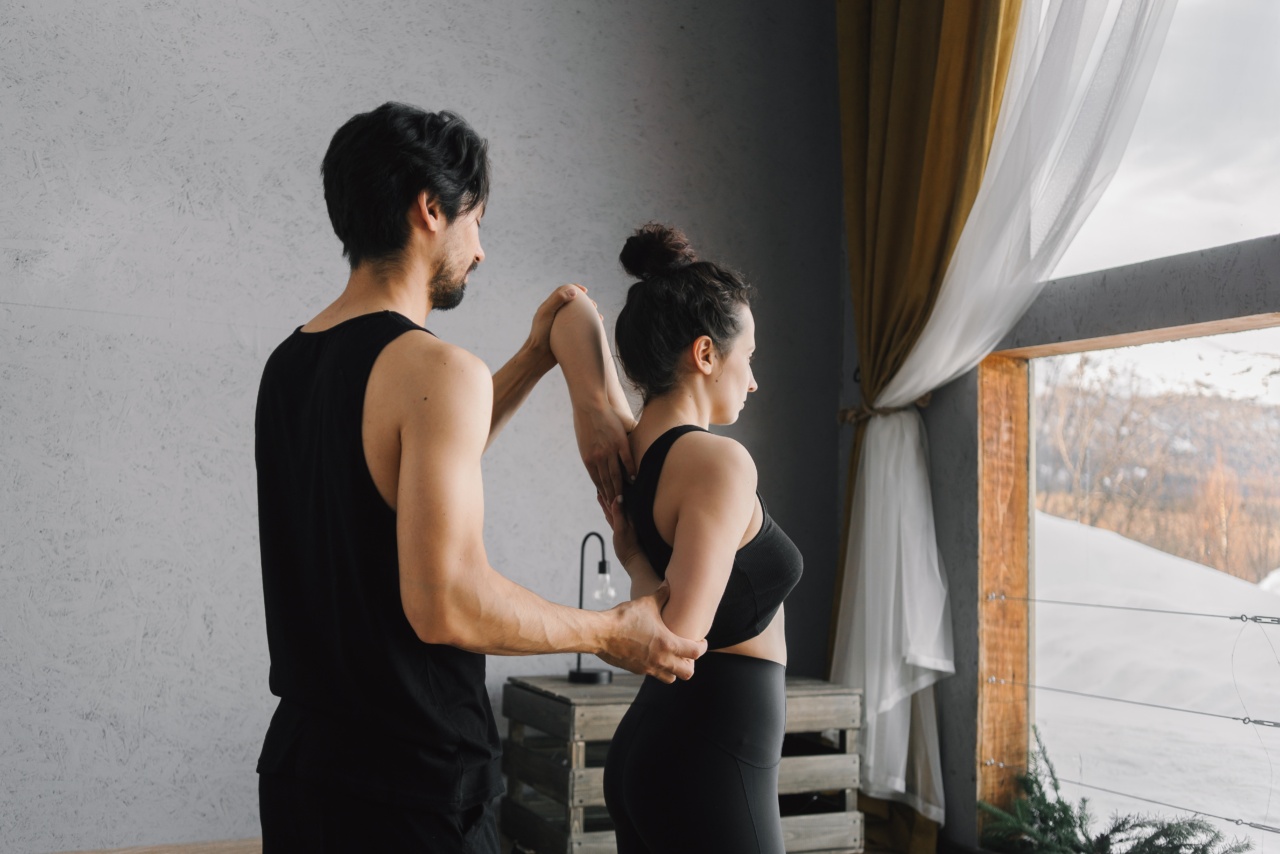Anxiety and self-doubt are common issues that affect many women in their love lives. Anxiety often leads to a constant fear of the worst-case scenario, whether it’s being rejected, abandoned, or betrayed by their partner.
Self-doubt, on the other hand, is that nagging voice in a woman’s head that tells her she’s not good enough for her partner, that she’s not attractive or smart enough, or that she’ll never find lasting love.
These emotions can also have physical effects on women, like an increased heart rate, a sense of panic or dread, or even avoidance or isolation. They can make it difficult for women to connect with others or see the good in themselves.
In turn, this can lead to negative patterns of behavior, like jealousy, possessiveness, or emotional dependence.
The Root Causes of Anxiety and Self-Doubt
The roots of anxiety and self-doubt can vary, but they often stem from past experiences, childhood trauma, or personal beliefs about oneself.
For example, a woman who grew up in an environment where love and affection were scarce may feel unworthy of love as an adult. She may struggle with trust and feel anxious in relationships, always waiting for the other shoe to drop.
Additionally, societal expectations and stereotypes can perpetuate feelings of inadequacy in women. For example, the media constantly pushes images of what the ideal woman should look like, act like, and love like.
This can create a sense of anxiety and self-doubt, as women compare themselves to these ideals and feel like they fall short.
The Importance of Addressing Anxiety and Self-Doubt
Anxiety and self-doubt can take a toll on women’s well-being, relationships, and overall happiness. Ignoring these emotions can lead to self-destructive patterns and a lack of growth in personal relationships.
By addressing anxiety and self-doubt, women can learn to identify the root causes of these emotions and develop strategies to combat them. This can lead to improved self-esteem, healthier relationships, and a greater sense of inner peace and happiness.
Strategies for Healing Anxiety and Self-Doubt
1. Practice self-care: Engaging in self-care activities, like exercise, meditation, or journaling can help women reduce stress and improve their overall well-being.
By taking care of themselves, women show themselves the love they may feel is lacking from others.
2. Develop a support group: Having a group of friends or family members who are supportive and understanding can help women feel less alone in their struggles. They can provide a listening ear, advice, or simply be a shoulder to cry on when needed.
3. Challenge negative beliefs: Negative beliefs about oneself can be deeply ingrained, but they can be challenged and changed with practice. Women can begin by identifying negative thoughts and replacing them with positive ones.
Instead of thinking “I’m not good enough,” they can try “I am worthy of love and happiness.”.
4. Seek professional help: For some women, anxiety and self-doubt may be too overwhelming to tackle alone. Seeking help from a therapist or counselor can provide a safe and supportive environment to work through these issues.
Conclusion
Anxiety and self-doubt can be challenging issues for women in their love lives.
However, by addressing these emotions head-on and developing strategies to combat them, women can experience greater happiness and fulfillment in their personal relationships. Taking the time to care for oneself, challenging negative beliefs, and seeking professional help when needed, can all contribute to a happier and more confident outlook on love and life.






























